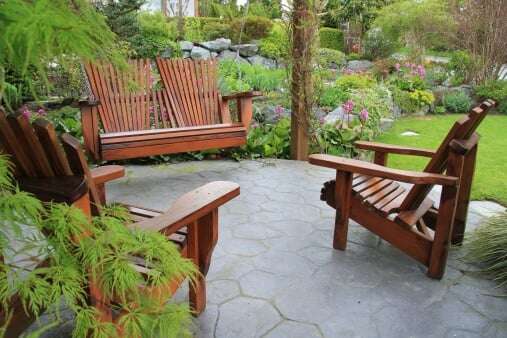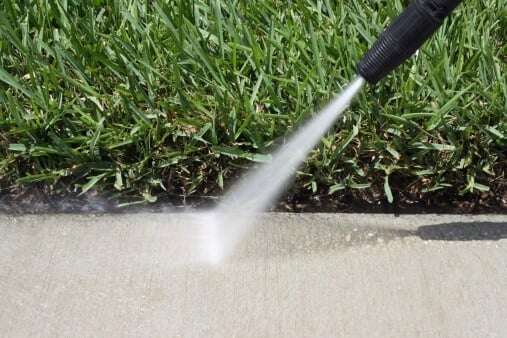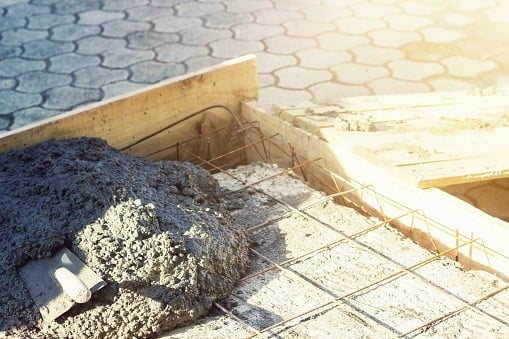 It's difficult to picture anything more enticing than enjoying an outdoor cookout, with good food sizzling on the grill, a cool drink in your hand and the soft texture of a patio under your bare feet.
It's difficult to picture anything more enticing than enjoying an outdoor cookout, with good food sizzling on the grill, a cool drink in your hand and the soft texture of a patio under your bare feet.
Then again, this soothing picture might depend on which type of texture is rubbing against your feet. As much as choosing a patio material hinges on financial considerations, comfort counts, too.
Six Popular Patio Options for Your Home
When you turn to the patio installation experts at Experts In Your Home, they will explain the six most popular options – as well as the pros and cons of each one. Installing a new patio can increase your home's value – not to mention increase its recreational value to you. This is why it's important to carefully consider:
Brick - favored by many DIYers because it can be easily laid on a bed of sand. The natural look of clay brick provides a good option for smaller patios as well as extending other surfaces.- Pros: Durable but easy to replace when cracked; available in many colors and in either smooth or textured finishes;
- Cons: Can look overwhelming over a large area; smooth brick can become very slippery when wet
- Pros: Relatively inexpensive; durable; textured finishes can provide a non-slip surface
- Cons: Can look drab if left in its “primitive state”; requires frequent cleaning; can discolor over time
- Pros: Very long-lasting; low maintenance; ages so well that it actually looks better as patina develops over the years
- Cons: Relatively expensive; can become extremely slippery when wet; subject to erosion, cracking and splitting
- Pros: Relatively inexpensive; quick and easy to install; conducive to interesting curves and irregular shapes
- Cons: Can be uncomfortable to walk on; often requires raking to keep it looking neat
>>Get More Home Tips by Subscribing to Our Blog!
Patio pavers - offering variety as they are available in clay, concrete, stone and even plastic. Pavers allow you to mimic the look of more expensive patio surfaces, such as brick or tile. Stone and concrete generally work best on patios since they are denser and less prone to fading.
- Pros: Moderately priced; durable; available in a wide range of colors, shapes and sizes
- Cons: Unless they are interlocked, pavers tend to spread over time but can be “harnessed” with a border; concrete pavers can discolor unless cleaned regularly
- Pros: Less expensive than real stone; durable; its uniform texture makes it less prone to cracking and splitting; available in a wide array of colors, sizes and textures
- Cons: Cheaper grades can fade quickly; lacks the natural beauty and inherent variations of natural stone
Talk to Our Home Experts for a Personalized Consultation
We hope these home tips have been helpful. Extending your living and recreational space is an exciting prospect, but nothing compares to a personalized consultation. When you call Experts In Your Home for a consultation, one of our patio installation experts will come to your home and help you pick the perfect patio surface.







